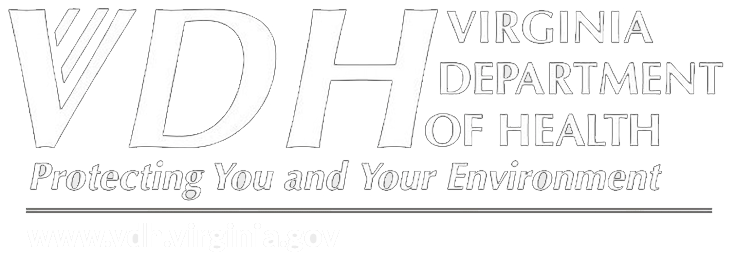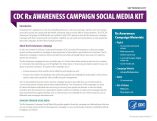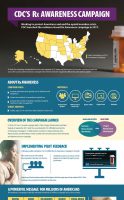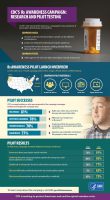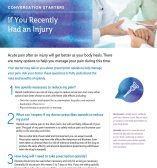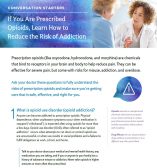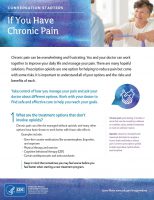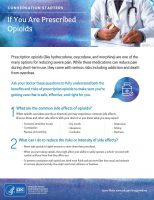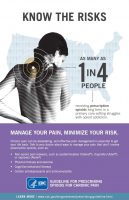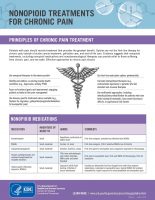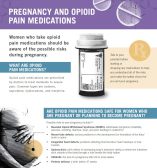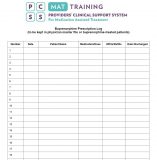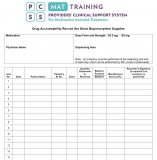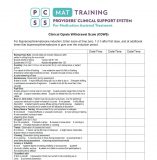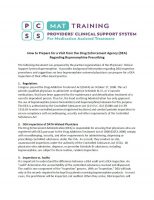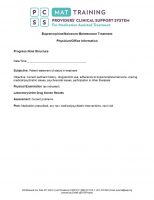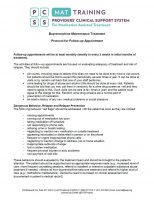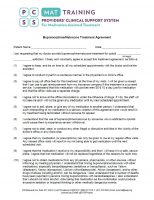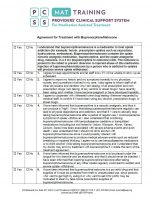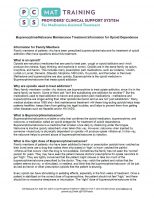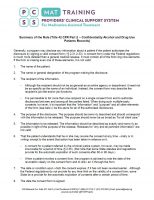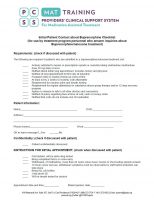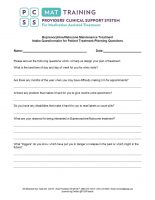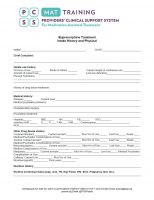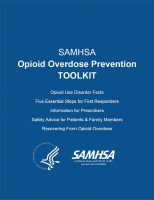If you or someone close to you needs help for a substance use disorder, talk to your doctor, contact your local Community Services Board or call SAMHSA’s National Helpline at 1-800-662-HELP or go to SAMHSA’s Behavioral Health Treatment Services Locator.
Basic Definitions
Centers for Disease Control and Prevention
Signs and Symptoms of an Opioid Overdose
During an overdose, breathing can be dangerously slowed or stopped, causing brain damage or death. It’s important to recognize the signs and act fast. Signs include:
- Small, constricted “pinpoint pupils”
- Falling asleep or loss of consciousness
- Slow, shallow breathing
- Choking or gurgling sounds
- Limp body
- Pale, blue, or cold skin
It may be hard to tell if a person is high or experiencing an overdose. If you aren’t sure, it’s best to treat it like an overdose— you could save a life.
- Call 911 immediately.
- Administer naloxone, if available.
- Try to keep the person awake and breathing.
- Lay the person on their side to prevent choking.
Stay with him or her until emergency workers arrive.
Signs of an Overdose https://www.cdc.gov/drugoverdose/pdf/patients/Preventing-an-Opioid-Overdose-Tip-Card-a.pdf
Know Your Options
Talk to your doctor about ways to manage your pain that do not involve prescription opioids. Some of these options may actually work better and have fewer risks and side effects. Depending on the type of pain you are experiencing, options may include:
- Non-opioid based pain relievers
- Cognitive behavioral therapy – a psychological, goal-directed approach in which patients learn how to modify physical, behavioral, and emotional triggers of pain and stress
- Exercise therapy, including physical therapy
- Medications for depression or for seizures
- Interventional therapies (injections)
- Exercise and weight loss
- Other therapies such as acupuncture and massage
